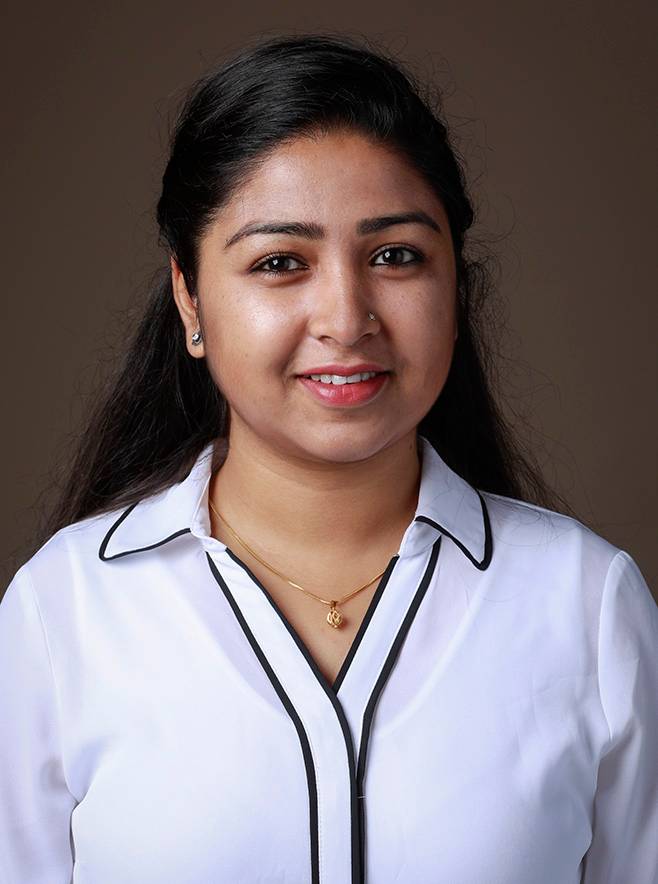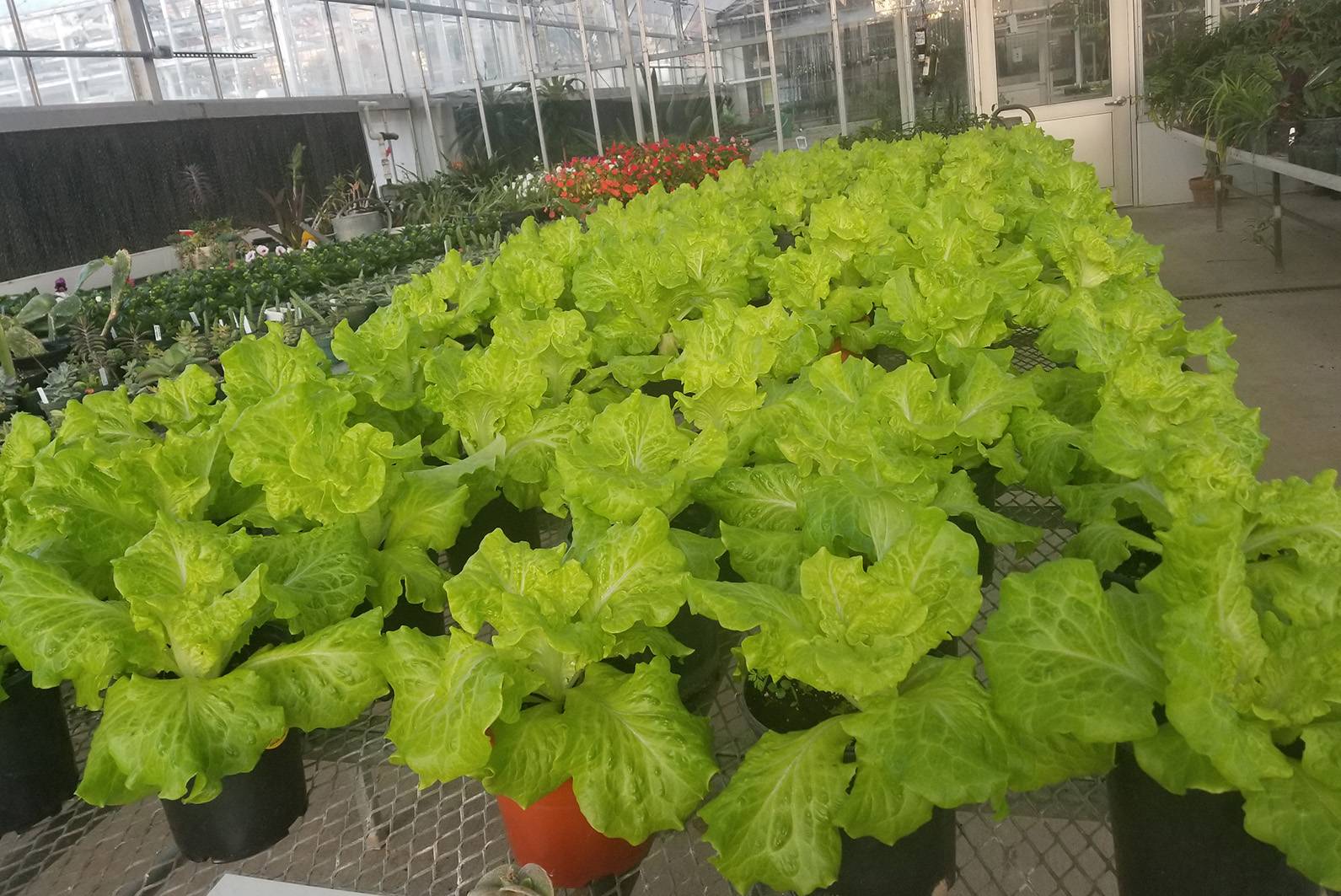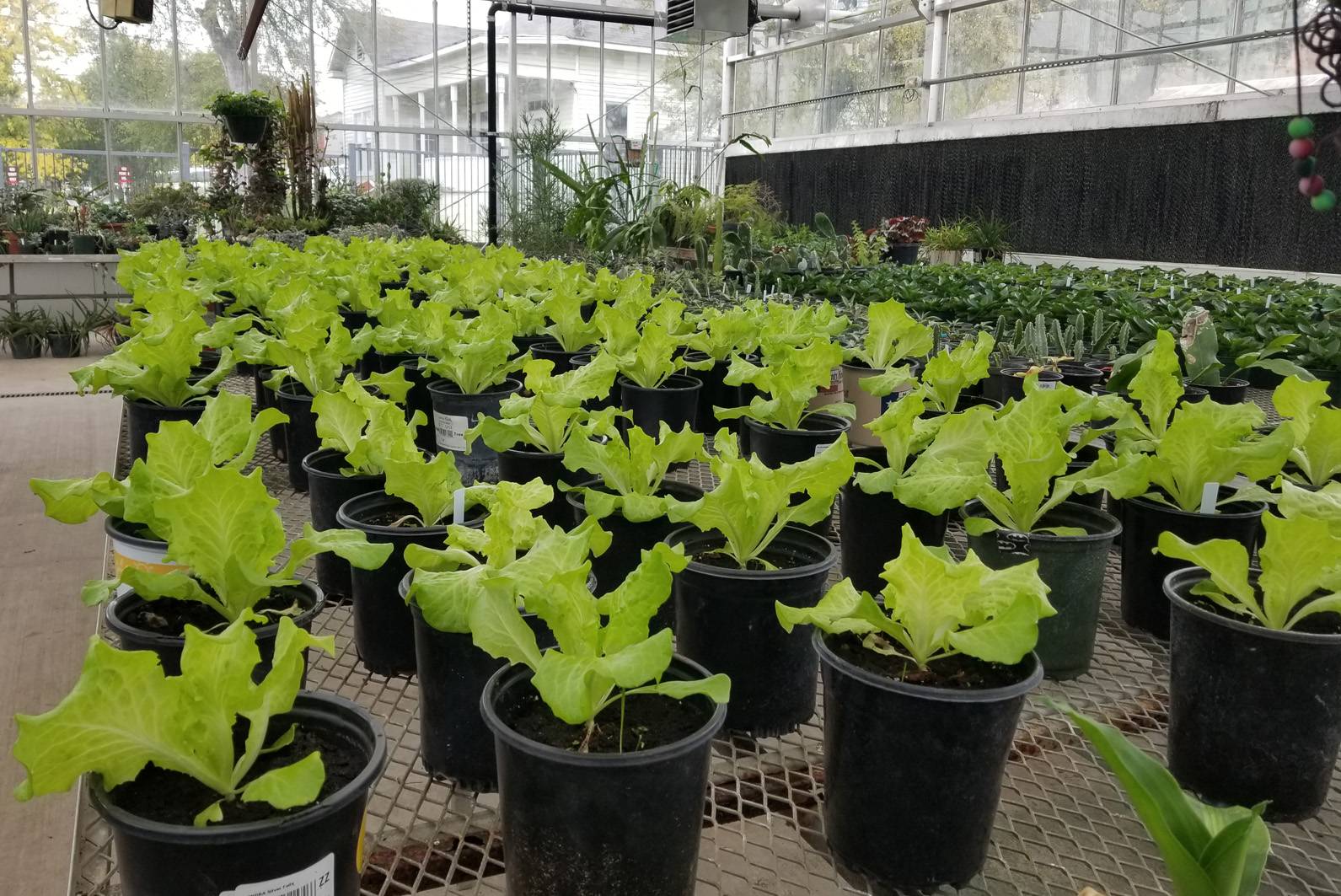International graduate student conducts research on Eco-sil and the effects it has on agriculture
Maria Gomez | January 23, 2020
Rafea Sultana Rea, a graduate student pursuing her Master of Science in Integrated Agricultural Sciences, assisted Associate Professor Dr. Ken Mix in research involving silicon application on agriculture. The research focuses on the impact of “eco-sil and diatomaceous earth" in growth, nutrient availability and drought tolerance of leafy vegetables.
Eco-sil is a new product produced from rice husks developed by Texas State startup company Sio-Tex. Diatomaceous earth is made from the fossilized remains of tiny, aquatic organisms called diatoms. Eco-silicon, similar to diatomaceous earth, is produced from rice husks, which contains about 99% silicon. Rafea plans on applying Silicon directly to the soil and leaves to determine which application works best.

“The application of Silicon in soil will increase the availability of nutrition to plant, as well as the production of crops. It will be a sustainable solution, which in turn will adversely affects crop yield. It will help to enhance the quality of production in the long run,” said Rafea about the benefits of her research.
The idea for Rafea’s research came from her upbringing. Rafea was born in a village in Bangladesh, where farming was the main source of income for many families, including her own. She wanted to study agriculture in order to find more effective ways of farming and helping others in her country.
“They are facing troubles with cultivating lands and producing crops due to the lack of advanced agricultural knowledge. They deal with soil quality degradation, low organic matter in soil, poor-quality seeds and much more. The poor condition of the Bangladeshi farmers always made me think about improving their conditions”
After Rafea completes her master’s this spring, she wants to continue her education to receive her PhD in Agriculture. Her goal is to gather more research experience and practical skills in order to find a solution for under privileged farmers in Bangladesh.


Share this article
For more information, contact University Communications:Jayme Blaschke, 512-245-2555 Sandy Pantlik, 512-245-2922 |